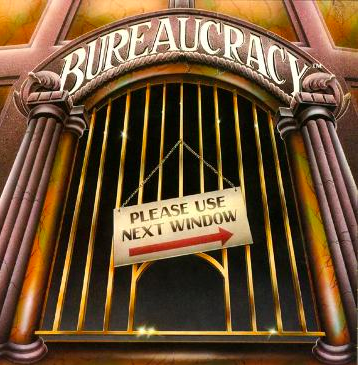Corruption is a term used to describe the abuse of power for personal gain. It involves dishonest or unethical conduct that undermines the integrity and fairness of individuals, organizations, and institutions. Corruption can take many forms, such as bribery, embezzlement, fraud, nepotism, and money laundering.
Bribery is when someone offers money or favors to influence someone else’s behavior or decisions. Embezzlement is when someone takes money or assets that are entrusted to them for their own use. Fraud is when someone intentionally deceives others for their own benefit. Nepotism is when someone shows favoritism towards family members or friends in hiring or other decision-making processes. Money laundering is when someone illegally moves money or assets to hide the fact that they were obtained through criminal activity.
Corruption is a serious problem that affects countries and societies worldwide. It undermines trust in government and other institutions, damages the economy, and can lead to social unrest. It can also create a culture of impunity where those in power believe they can act without consequence.
There are many ways to address corruption, including laws and regulations, enforcement mechanisms, and education and awareness campaigns. Governments and organizations can establish anti-corruption measures such as transparent and accountable systems for decision-making, public disclosure requirements, and whistleblower protections.
In conclusion, corruption is a pervasive problem that can have serious consequences for individuals, organizations, and society as a whole. It is important for individuals to be aware of the signs of corruption and for governments and organizations to take strong action to prevent and combat it.

